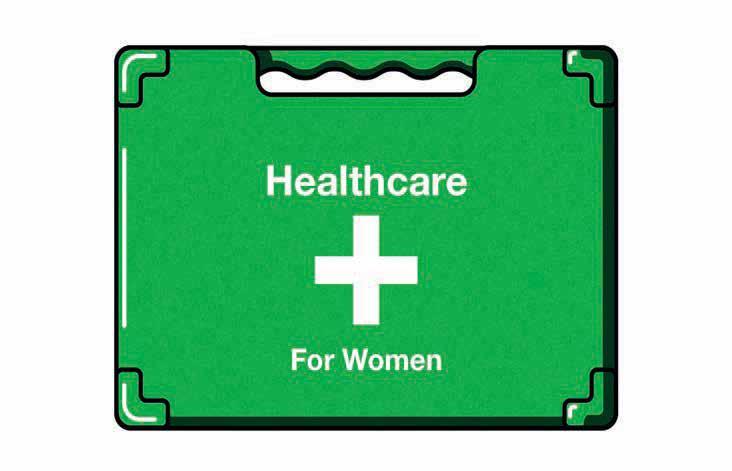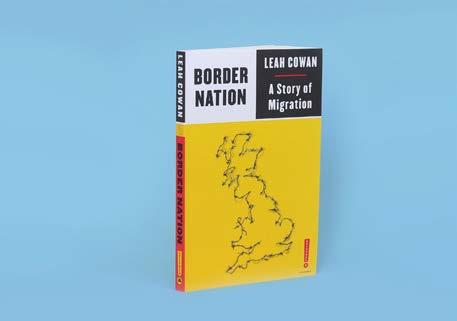
2 minute read
The Traveller Movement: Gypsy Roma and Traveller women in prison
Gypsy, Roma and Traveller women in prison
Words: Sophie
Advertisement
The Traveller Movement (TM) is an organisation working with Gypsy, Roma and Traveller (GRT) people to challenge discrimination and promote inclusion. Criminal Justice Policy & Campaigns Officer, Sophie, tells us more about GRT women’s experience in the criminal justice system.
Traditional travelling groups have lived in Great Britain and Ireland for centuries. They include diverse groups such as Romany Gypsies, Irish Travellers, and Scottish Gypsies and Travellers. Like other minority ethnic groups, Gypsy, Roma and Traveller communities have their own languages, traditions, and customs that guide their way of life, and which are passed on through generations.
However, Gypsy/Traveller women have some of the poorest outcomes in health, employment and education of any ethnic group, according to the 2011 census. And although Roma ethnicity was not recorded in this census, it seems outcomes are no different, if not worse in the case of migrant Roma women in particular.
The discrimination and marginalisation GRT women face in wider society becomes more apparent when they enter the criminal justice system, where they are disproportionately overrepresented. While Gypsy and Traveller women make up 0.1% of the general population, they represent 6% of the entire prison population. The number of Roma women is also disproportionately high.
The distinct needs of GRT women are often poorly understood and overlooked. Many experience the severe pain of family
separation and experience homelessness after release due to poor exit planning and a lack of appropriate housing assessment.
Over 50% of women in prison are survivors of domestic abuse; this includes GRT women who will have different needs when accessing support for domestic abuse. To support survivors in prison, there needs to be targeted support, specialist intervention, and emphasis placed on release planning to help with rehabilitation.
While GRT communities share the history and culture of nomadism, it is important to note that around 76% of the GRT population in the UK live in bricks and mortar accommodation. Similarly, whilst GRT communities also share values such as the importance of family, community, oral traditions and cleanliness, it is important to recognise that there can be significant cultural and practical differences between the different groups. For example, Roma communities have historically faced intense persecution and experience different barriers as they may not speak English or be familiar with local regulations and processes. The Traveller Movement is working to increase awareness of GRT communities’ experiences throughout all stages of the justice system. Recently, through campaigns and research, we have been highlighting the barriers GRT women in prison face, making recommendations on how sentencing, custody and rehabilitation can improve to support these communities. For more on our work, visit www.travellermovement.org.uk
Other organisations that offer information, support and advice for GRT people: One Voice 4 Travellers work with and support GRT people in distress caused by or associated with violence; they can be contacted for advice or support by email at onevoice4travellers@hotmail.com; Friends, Families & Travellers work to end racism and discrimination against GRT people, they provide advice and information on work, health and wellbeing and can be contacted at fft@gypsy-traveller.org or 01273 234 777.










